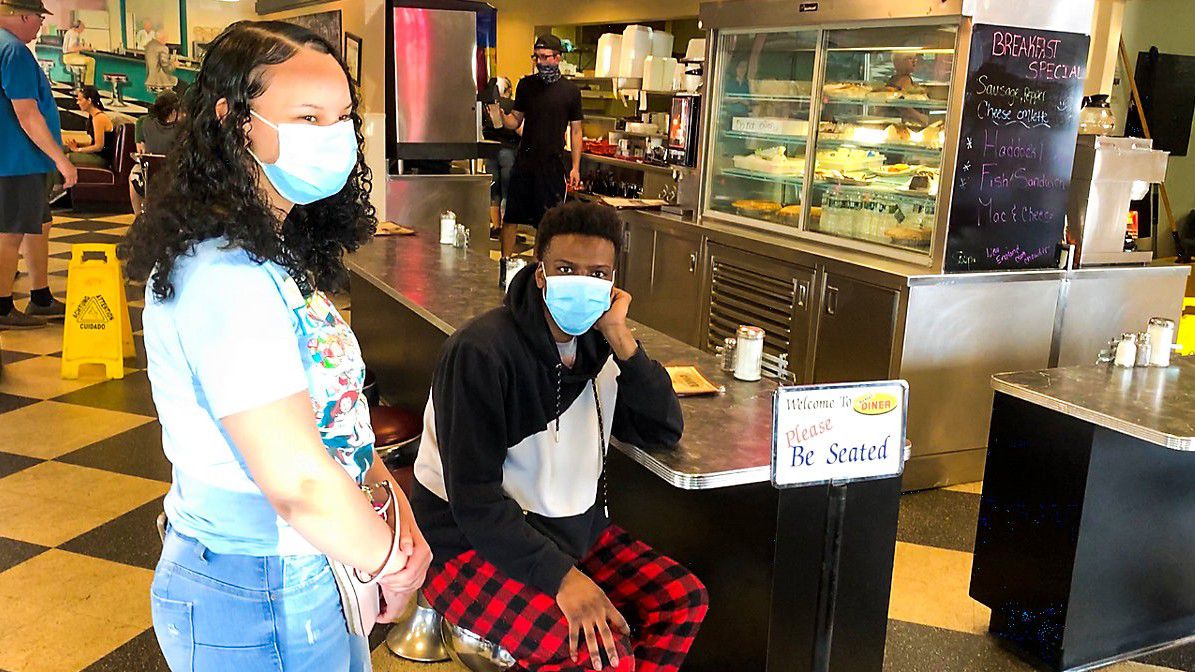TEXAS — Following a period that saw a decline in the number of new cases of COVID-19 and resultant hospitalizations in Texas and across the country, we are now facing a worrisome trend. New cases are starting to tick back up and more Texans are being admitted to hospitals.
The Texas Department of State Health Services Tuesday reported 2,613 new confirmed cases of COVID-19, 849 new probable cases and 29 new fatalities attributed to the virus.
The state additionally reports 2,282 Texans are currently being treated for COVID-19 in hospitals.
Recent state data shows the positivity rate in Texas is now at 7.43%, which is the highest it’s been since early March.
In Williamson County - which includes Georgetown, Hutto, Liberty Hill, Leander and a number of other cities – cases of COVID-19 have doubled over the past week. In response, the county has moved to the “Orange” phase of its color-coded risk guidance, which is the second-highest phase.
Texas is hardly alone. Confirmed infections climbed to a seven-day average of about 23,600 a day on Monday, up from 11,300 on June 23, according to Johns Hopkins University data. And all but two states — Maine and South Dakota — reported that case numbers have gone up over the past two weeks.
“It is certainly no coincidence that we are looking at exactly the time that we would expect cases to be occurring after the July Fourth weekend," said Dr. Bill Powderly, co-director of the infectious-disease division at Washington University’s School of Medicine in St. Louis.
At the same time, parts of the country are running up against deep vaccine resistance.
The chief concern in Texas and elsewhere is the delta variant. Experts say it spreads more easily because of mutations that make it better at latching onto cells in our bodies.
The good news is studies have shown that the available vaccines work against variants, including the delta variant.
As cases rise in Texas, new vaccinations have declined. State data shows 14,174,926 Texans have received at least one dose of vaccine and that 12,236,524 are fully vaccinated. Texas is home to nearly 30 million people.
The Associated Press contributed to this report.
